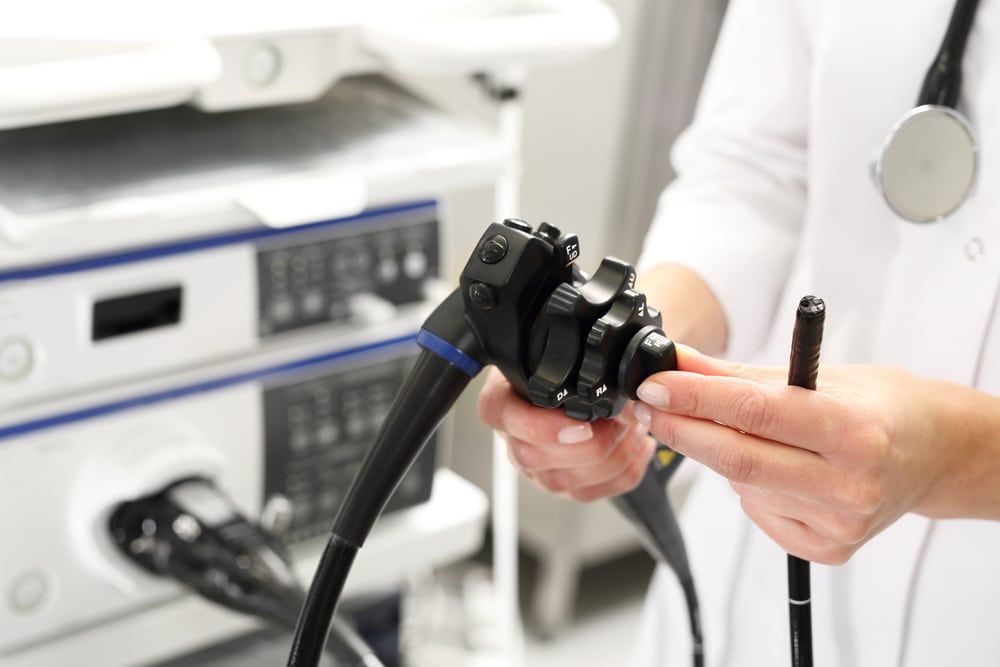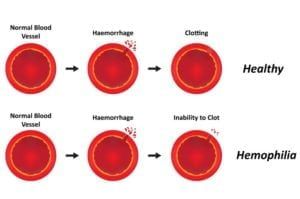Gastrointestinal cancer refers to any malignancy of the digestive tract and its organs, including the esophagus, stomach, and bowels, as well as the pancreas and the biliary system. While gastrointestinal cancer is very rare in children, pediatric cancer screenings may be necessary for children considered at high risk of developing GI cancer or for those who exhibit symptoms consistent with GI cancers.
Did you know…
that colon cancer can develop as early as the teen years in children with inherited polyposis syndrome? This rare genetic condition causes intestinal polyps and almost always eventually develops into malignancy. Pediatric gastrointestinal cancer screening can help detect changes within the digestive tract and provide preventive surveillance in young patients at high risk of developing gastrointestinal cancer.
Frequently Asked Questions
What are the symptoms of GI cancers in kids?
Cancers of the gastrointestinal tract may cause varied symptoms depending on the stage of the disease and the areas affected. GI cancers often cause unexplained weight loss, bloating and changes in bowel habits. GI cancer may also cause fecal bleeding or abdominal pain. Ask your child’s doctor for a referral to a pediatric gastroenterologist if your child is experiencing any of these symptoms.
When should my child be screened for gastrointestinal cancer?
Your child should be screen if he or she is exhibiting symptoms of potential GI cancer or if you have a family history of inherited polyposis syndrome. In these children, screenings may begin as early as age 10 as early diagnosis improves long-term prognosis. These screenings are typically necessary for life, as the risks of developing colorectal cancer and other digestive cancers increases over time.
What types of pediatric gastrointestinal cancer screenings are available?
GI cancer screenings are not common in children though we are equipped with cutting edge medical technology capable of detecting malignancies in their earliest stages. Of the children who undergo GI cancer screening, most undergo a colonoscopy to examine the intestinal walls for polyps and lesions. Other GI cancer screenings include endoscopy for the stomach and esophagus, as well as imaging scans to detect cancers of the digestive organs like the pancreas.











































































































































































































































































































